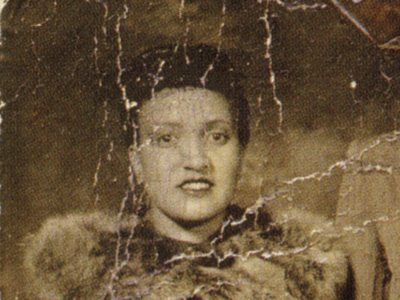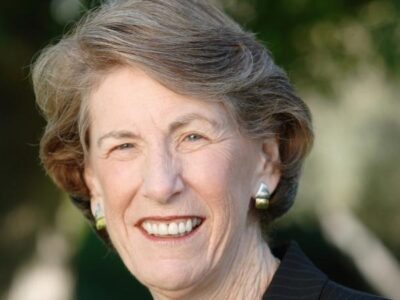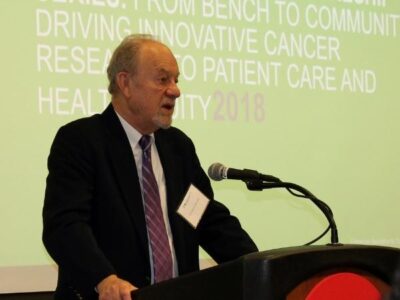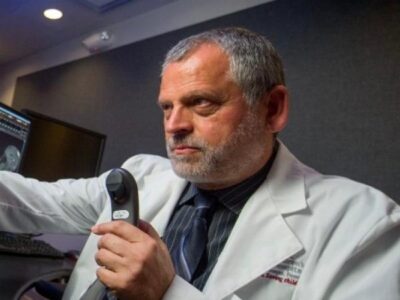As Hurricane Ian approached Florida and meteorologists predicted landfall near the Tampa Bay area, cancer hospitals in the area prepared for the worst—a direct hit by a Category 4 storm.
With Hurricane Ian making landfall in Florida on Sept. 28 as a Category 4 storm, the Cancer History Project has compiled a collection of past articles about the impact of hurricanes on cancer care—as well as the partnerships and leadership that are essential when disaster strikes.
Henrietta Lacks, a mother of five, received cervical cancer treatment from Johns Hopkins Hospital in 1951. At the time, Hopkins was one of few hospitals that treated Black patients like Lacks.
Dwight Tosh had grown so weak that he was unable to walk. Still, doctors at the rural Arkansas hospital—where he lay in bed for weeks in 1962—were unable to diagnose him.
The breast cancer community has lost a friend, a partner, and a dedicated patient advocate.
In September, the Cancer History Project is highlighting the turning points of oncology—the people, research, discoveries, and moments in history that broke the mold.
Leslie Bernstein, PhD, a trailblazing cancer epidemiologist, died July 28. She was 82.
Richard B. Warnecke, PhD, a longtime member of the University of Illinois Cancer Center and a national leader in cancer control research, died Aug. 19. He was 84.
St. Jude Children’s Research Hospital mourns the loss of Zoltán Patay, MD, PhD, chair of the Department of Diagnostic Imaging. Dr. Patay died suddenly July 22, while visiting family in Budapest. He was 65.
In September, The Cancer History Project is inviting contributors to discuss the turning points of oncology—the people, research, discoveries, and moments in history that broke the mold.















